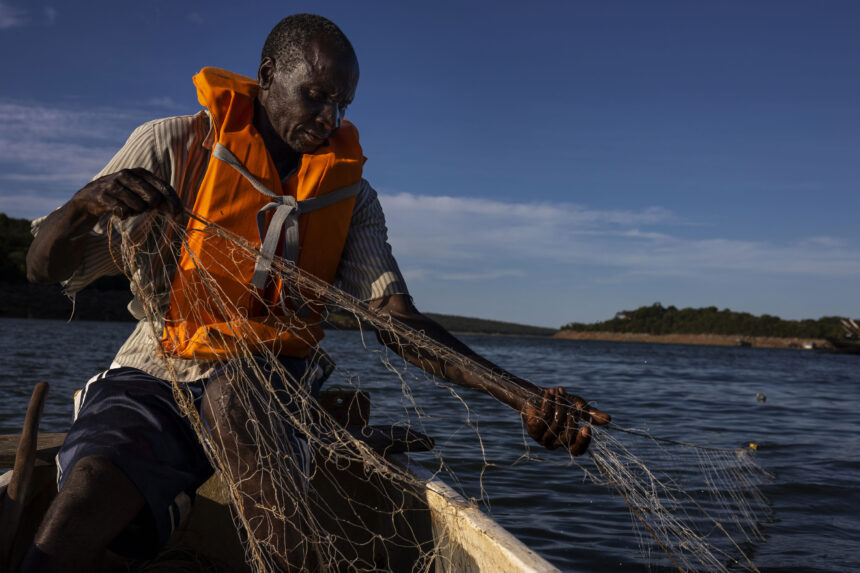The Food and Agriculture Organisation of the United Nations (FAO) in partnership with the Ministry of Fisheries and Marine Resources (MFMR) held a one-day workshop on 15 October 2024 to validate the results of a Training Needs Assessment (TNA) and market assessment for Namibia’s small-scale fisheries (SSF) sector.
The workshop brought together key stakeholders, including fishermen and women, fish vendors, ministry officials, and representatives of various communities and Small-Scale Fisheries Organisations (SSFOs), to discuss and confirm local priority training needs and design capacity-building initiatives.
The goal was to address critical post-harvest challenges, particularly those affecting women, and to raise awareness about sustainable, climate-smart post-harvest techniques.
The workshop is part of a broader FAO initiative to support the implementation of the Voluntary Guidelines for Securing Sustainable Small-Scale Fisheries (SSF Guidelines), endorsed by the FAO Committee on Fisheries in 2014. Namibia is one of the beneficiary countries of the Flexible Voluntary Contribution (FVC) project titled “Implementing the Small-Scale Fisheries Guidelines for gender-equitable and climate-resilient food systems and livelihoods.” This project builds on achievements from previous efforts, including the SIDA-funded global project “Creating an enabling environment for securing sustainable small-scale fisheries.”
Identifying gaps
The TNA and market assessment, conducted in 2024 across key regions in Namibia —Kavango East, Zambezi, Erongo, and
//Kharas — highlighted several critical issues faced by SSF stakeholders. These include high fish spoilage rates due to inadequate preservation methods such as smoking and drying, especially during the rainy season. Stakeholders reported significant infrastructure gaps, particularly in cold storage and transport, which limit access to broader markets and exacerbate post-harvest losses.
The assessment also underscored the vital role women play in post-harvest handling and fish processing. Despite their significant contributions, women face unique challenges, including limited training, resources and market opportunities. Gender-specific training programmes focused on fish processing, hygiene, value addition, and business management were identified as essential for empowering women and improving their economic standing within the fisheries value chain.
Market and governance
The market analysis revealed several barriers preventing SSF stakeholders from accessing formal markets. High transportation costs, limited cold storage, and competition from commercial fisheries were key challenges identified. Participants from regions such as Kavango East and Zambezi expressed a strong need for market linkage support and branding to increase their competitiveness in both local and international markets. The report also emphasised the importance of improving transport routes and stabilising pricing mechanisms to facilitate market access for SSF products. In addition to post-harvest and market challenges, the assessment identified a need for organisational and governance improvements within SSFOs.



